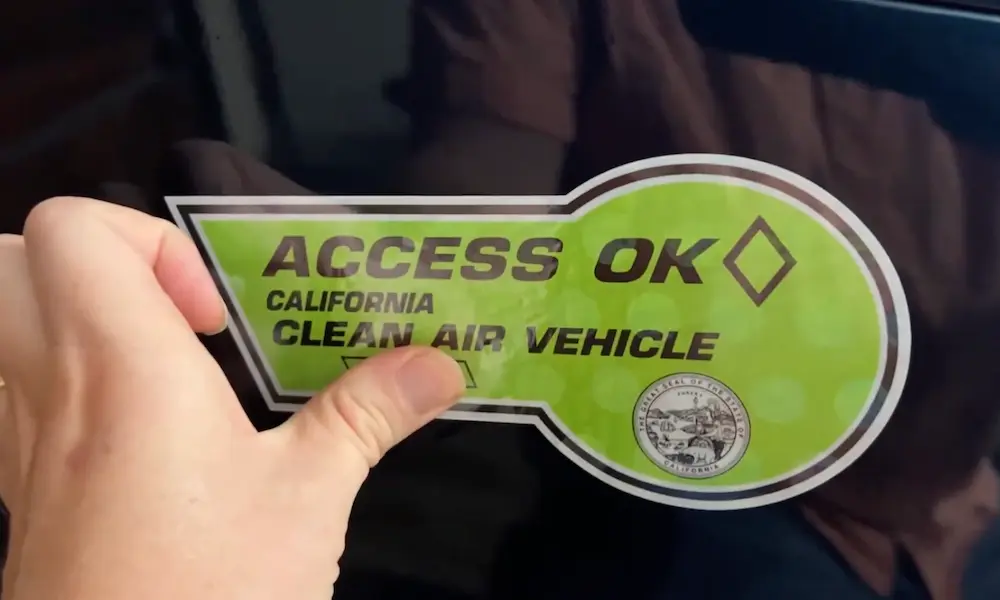Living in Georgia, you know how important it is to keep your vehicle ready for registration renewal. If your car is registered in one of the 13 counties requiring an emissions test, passing is crucial. Understanding the emissions requirements can save you time and headaches. This article will provide you with everything you need to ensure your vehicle stays compliant.
Overview of Georgia’s Emissions Requirements
Georgia has specific emissions testing rules to help maintain air quality. These rules involve certain vehicles, specific counties, and are managed by notable governing bodies.
Legislation and Governing Bodies
Emissions inspections in Georgia are governed by the Georgia Department of Revenue (DOR) and the Georgia Clean Air Force (GCAF). These organizations ensure compliance with state laws. Testing regulations are set to help meet federal and state air quality standards. Local legislation mandates that vehicles adhere to these standards to minimize pollution. The GCAF plays a key role by updating and implementing required tests. Collaborating with the DOR, they handle enforcement, ensuring you meet testing requirements.
Affected Counties
Thirteen counties in Georgia require regular emissions testing. These include Cherokee, Clayton, Cobb, Coweta, DeKalb, Douglas, Fayette, Forsyth, Fulton, Gwinnett, Henry, Paulding, and Rockdale. If you live in these areas, your vehicle must pass emissions tests. The goal is to reduce air pollution in high-traffic zones. Each year, residents in these counties must have their vehicles tested before registering them. By keeping track of which counties have these requirements, you can stay compliant and contribute to cleaner air.
Applicable Vehicle Types
Not all vehicles must undergo emissions inspections. If you drive a gasoline-powered car from the year 2000 to 2021, you need to have it tested. Light-duty trucks over 8,500 lbs also need to be tested. Vehicles like diesels and those over 25 model years old are usually exempt. Specific exemptions apply to newer cars, typically those aged three years or newer. If you meet these criteria, you won’t need an emissions test, saving you time and ensuring you’re following the law correctly.
Emissions Testing Process
In Georgia, emissions testing helps keep air clean and ensures vehicles run efficiently. This process involves specific procedures, scheduled inspections, and convenient locations.
Testing Procedure
When you take your car for an emissions test, it usually involves a few key steps. One of them is the OBD Test (On-Board Diagnostics Test). This test uses a computer to check for issues with your car’s emissions system. If your car is a bit older, you’ll likely also need a fuel cap inspection to make sure there are no leaks that could release harmful gases into the air.
You might wonder about the testing fee. Fees can vary but expect to pay between $10 and $25. Once the tests are done, you’ll receive a Vehicle Emission Inspection Report, detailing the results. If your car fails, you’ll need to get the required repairs and then retest.
Inspection Frequency
You need to do an emissions test yearly to renew your vehicle registration in Georgia. Georgia’s Clean Air Force recommends testing your vehicle four to six weeks before your registration is due, giving you ample time for repairs if needed.
The test is necessary for vehicles that are between three and twenty-five years old. Some vehicles are exempt, such as diesel cars and heavy-duty trucks. It’s crucial to check these details well in advance to avoid problems during the registration renewal process.
Testing Locations and Scheduling
There are many locations where you can get your emissions test done. Testing is required in 13 metro Atlanta counties, managed by Georgia’s Clean Air Force. To find a nearby location, you can visit their website or call their customer service for assistance. It’s advisable to avoid high-traffic times like before work, after work, and around lunch hours.
For smoother scheduling, try to go in the middle of the month or mid-week. Doing so can help you avoid long queues and reduce stress. Keep these tips in mind for a hassle-free experience.
Registration and Renewal Considerations
When registering your vehicle or renewing your registration in Georgia, there are several important considerations to keep in mind. This section breaks it down to help you understand the initial registration process, the renewal process, and important deadlines.
Initial Registration
When you register your vehicle for the first time in Georgia, you need to ensure it meets certain emissions standards. This is required for gasoline-powered cars and light-duty trucks from model years 2000 to 2021.
First, get an emissions inspection. You can find a list of inspection stations on the Georgia’s Clean Air Force website. After passing the test, you’ll receive a certificate valid for 12 months. Bring this certificate to your local tag office to complete your registration.
You will also need proof of ownership, such as the vehicle title, and proof of insurance. If you’re new to Georgia, bring your out-of-state title and registration, plus any lien holder information if applicable.
Registration Renewal Process
Renewing your vehicle registration in Georgia is simpler than the initial registration but it comes with its own set of guidelines. The key is making sure your emissions inspection is up to date. Your vehicle must pass the emissions test before you can renew your registration online or at a tag office.
The state of Georgia allows you to renew your registration online through the DRIVES e-Services, which is both convenient and secure. This system helps verify data accuracy and protects against fraud. For those who prefer, renewing by mail or in person are also options, but remember to bring the emissions certificate and other required documents.
Renewal Period and Deadlines
In Georgia, your vehicle registration renewal date is typically based on the vehicle owner’s birthday. To ensure a smooth renewal process, it’s best to get the emissions inspection done 4-6 weeks before this date. This timeline allows ample time for any needed repairs and retests before your registration deadline.
You can contact your local tag office to see if early renewal is an option, which can be done up to 60 days before your registration date. Make sure you don’t wait until the last minute to avoid any potential late fees or issues with your vehicle being legally registered.
By keeping these points in mind, you can ensure that your vehicle stays compliant with Georgia’s emissions requirements and that your registration remains up to date without any hitches.
Exemptions and Extensions
In Georgia, there are specific exemptions and extensions available that can save you from certain emissions requirements. You may be eligible for these based on factors like the age of your vehicle, your location, or even your personal circumstances.
Standard Exemptions
Certain vehicles in Georgia are exempt from emissions testing. Electric vehicles and alternatively fueled vehicles typically do not need to undergo emissions tests. Motorcycles and recreational vehicles also fall under this exemption category.
For antique collector vehicles, which are 25 years or older, you don’t need emissions tests. Newer vehicles, less than 3 years old, are often exempt as well, especially if they pass certain criteria.
These exemptions can save you time and money, making your vehicle registration process simpler.
Extension Criteria
For those living outside the metro Atlanta area, you can apply for an out-of-area extension. This extension is valid for up to one year and needs to be renewed annually before your vehicle registration date. During this period, your vehicle must undergo an emissions inspection upon your return to the area.
The extension is particularly useful if your work or lifestyle keeps you away from metro Atlanta.
Special Considerations for Specific Vehicles
If you’re a senior citizen, you might qualify for a senior exemption. If you’ve received it before, renewing it by phone is an option if your previous year’s documents are current. Have your mileage and Vehicle Identification Number (VIN) ready when you call.
Hybrid vehicles have specific rules that may allow exemptions or extensions. It’s crucial to consult the latest guidelines to see if your hybrid qualifies.
Understanding these specific considerations can help you navigate Georgia’s emissions requirements more effectively.
Waivers and Financial Assistance
You may be eligible for certain waivers or financial assistance if your vehicle is having trouble meeting Georgia’s emissions requirements. This can help ease the burden of repair costs and ensure your vehicle stays compliant.
Repair Waivers
If your vehicle fails an emissions test, you might qualify for a Repair Waiver. To get this waiver, you need proof of emissions-related repairs. Make sure your receipts include the following details:
- Vehicle Identification Number (VIN) or tag number
- Year, make, and model
- Date of repair (should be within 60 days before or after the failed emissions test)
Common repairs include fixing or replacing parts like the catalytic converter, oxygen sensor, air filter, and spark plugs. You can only apply for a waiver if the cost of repairs meets or exceeds a specific amount set by the state.
Financial Assistance for Repairs
If the cost of getting your vehicle repaired is too high, you may be eligible for financial help. Unfortunately, Georgia’s Clean Air Force doesn’t directly provide financial assistance, but several programs can aid you.
Local charities and non-profits often offer help for emissions-related repairs. You might also want to check with community organizations that focus on financial assistance. They sometimes cover the cost of specific repairs, like replacing a catalytic converter or oxygen sensor.















